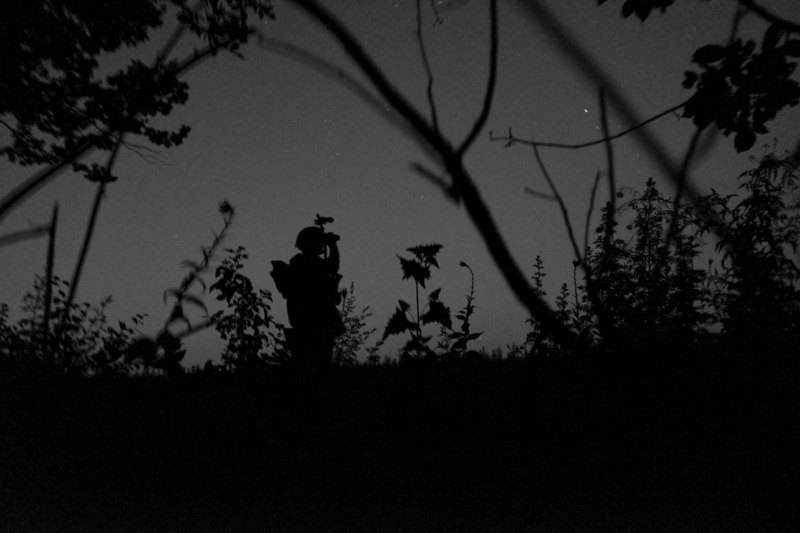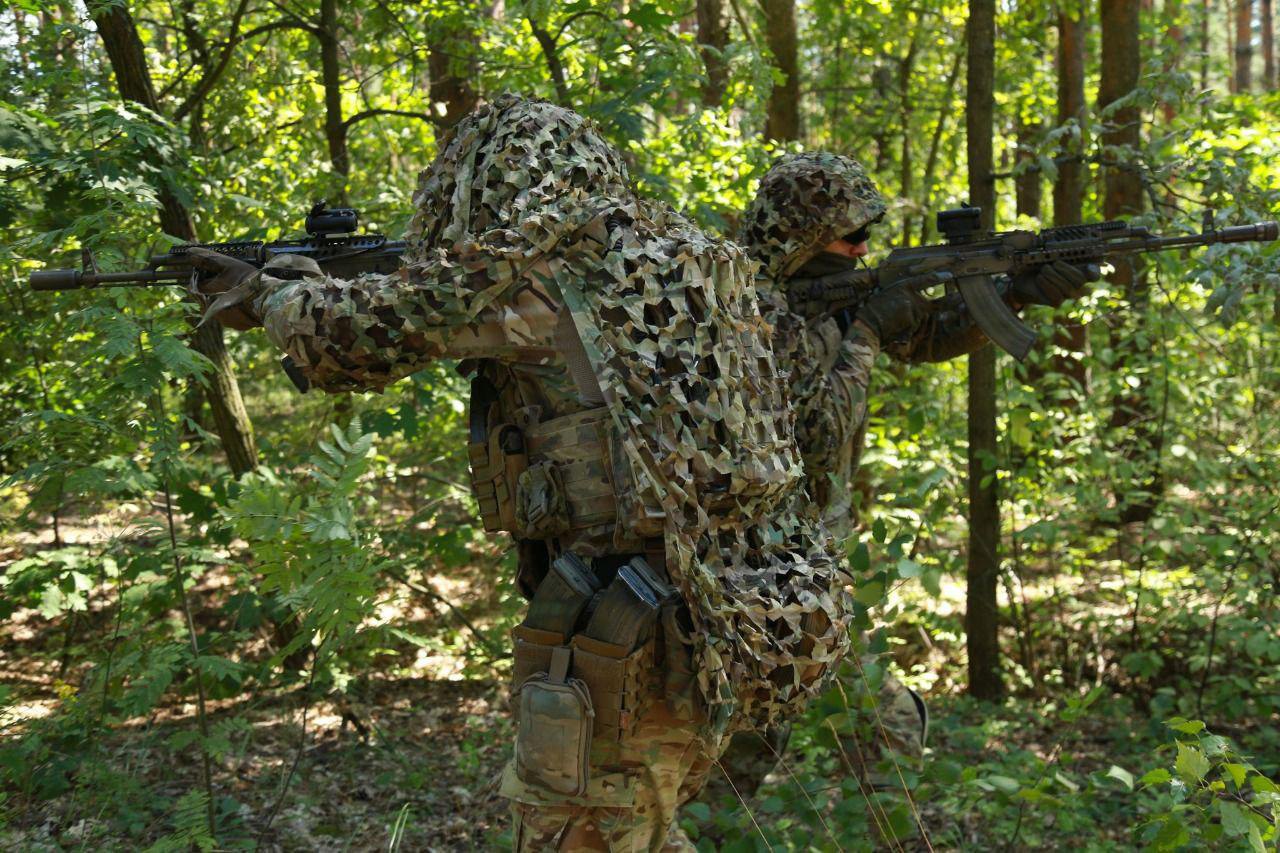
The enemy is at the gate. Informed consumers
For reference: The main tasks of intelligence are:
1. timely providing consumers with intelligence information.
Article 2 Section 1 of the Law of Ukraine "On Intelligence"
On the 25th of July, 2022, the Head of State, Supreme Commander-in-Chief of the Armed Forces of Ukraine V. Zelenskyi appointed 36-year-old Major General, Chief of the Defence Intelligence of Ukraine Kyrylo Budanov as the Chairman of the Intelligence Committee under the President of Ukraine. The existence of this coordinating body is provided for by paragraph 2 of Article 4 of Section II of the Law of Ukraine "On Intelligence" as an integral part of the intelligence community and by Presidential Decree No. 230, three of the five paragraphs of which are classified as " top secret". But according to public information, the purpose of the Committee is to improve the system of management, coordination and control of the activities of all domestic "knights of the cloak and dagger".
Simply speaking, it is a kind of closed round knight's table with seven locks, which unites the heads of all purely intelligence agencies of the state (the Foreign Intelligence Service of Ukraine, the Defence Intelligence of the Ministry of Defense, the Intelligence Body of the State Border Guard Service) and all subjects of the intelligence community (the Security Service of Ukraine, other components of the security and defense sector determined by the NSDCU). The first among equals presides. It is the one who was appointed by the Supreme Commander-in-Chief as the Chairman of the Committee and who is to get, analyzing, processing and providing summarized information.
On the one hand, it is quite natural that under martial law this institution is led by the head of the "island", and not the border guard or the head of the "forest".
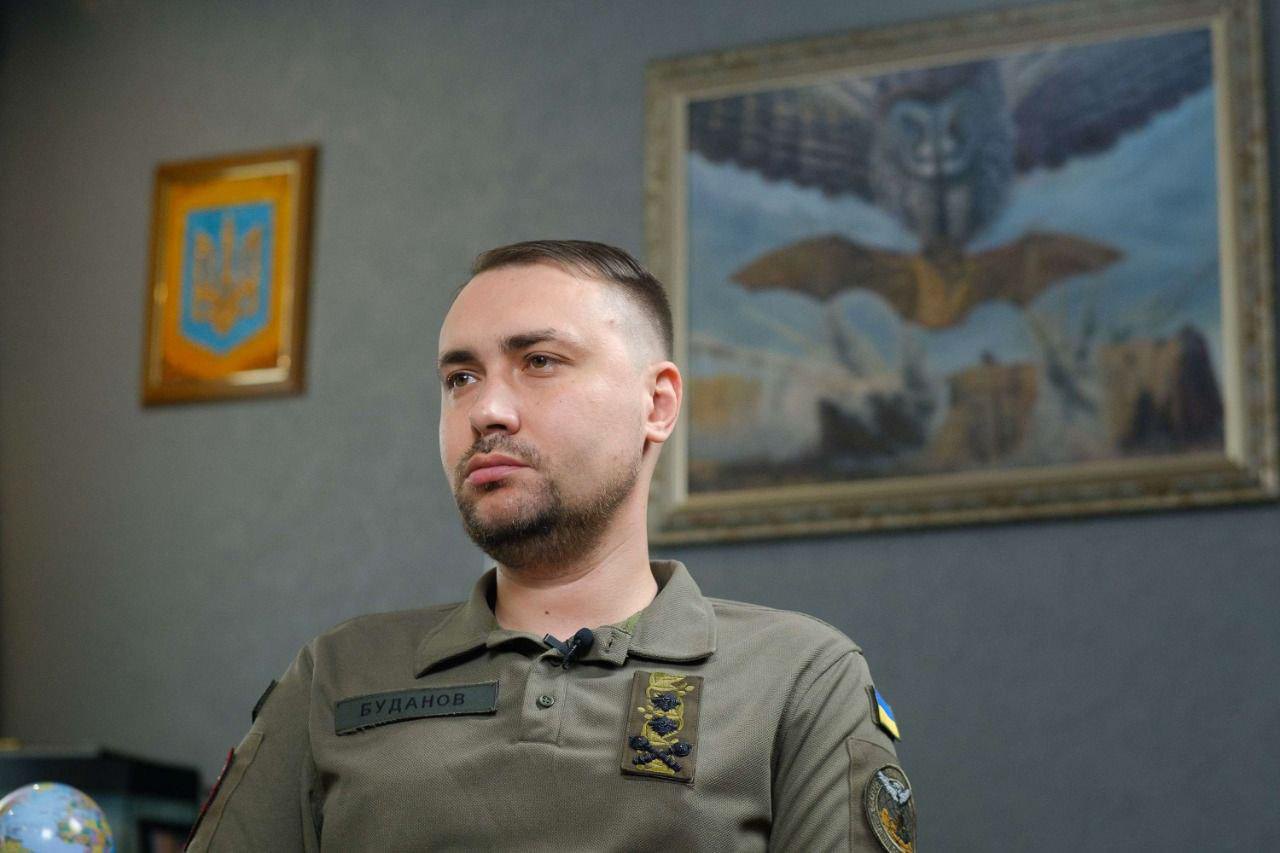
For reference: "Island" is an informal name of the Defence Intelligence of Ukraine commonly used among the military and intelligence services due to the location of its main headquarters on the peninsula, which historically has the name "island", in the middle reaches of the Dnipro River within the city of Kyiv. "Forest" is an informal name of the Foreign Intelligence Service of Ukraine commonly used among the military and intelligence services due to the location of its headquarters in a forest near the capital in Kyiv region.
On the other hand, this appointment is an obvious recognition of the merits of the Defence Intelligence of Ukraine as the main supplier of high-quality intelligence information of strategic level both before and after the February 24. The way they used it by the military and political leadership of the state is another issue.
But the main thing is that military intelligence timely, fully and in detail informed all its consumers and the primary one - the Supreme Commander-in-Chief - about enemy targets and preparations for war, including the key directions of potential strikes, about the intentions and plans of the enemy already during the invasion. Time has proved the accuracy of these sad predictions. Reputable media have repeatedly reported publicly this.
In addition to our DIU of MDU, foreign partners have been warning about the reality of a big war by invading the sovereign territory of the country from several directions for a long time and convincingly by various means - both secret visits such as the visit of the US CIA Director William Burns to Kyiv on January 12, 2022, and through the controlled leaks about the real plans of a great aggression in the authoritative world media. The intelligence agencies of Ukraine and Western countries have developed more than trusting, truly allied relations, which are only getting stronger. Regular exchange of the most sensitive information of a high level of secrecy and importance has been established.
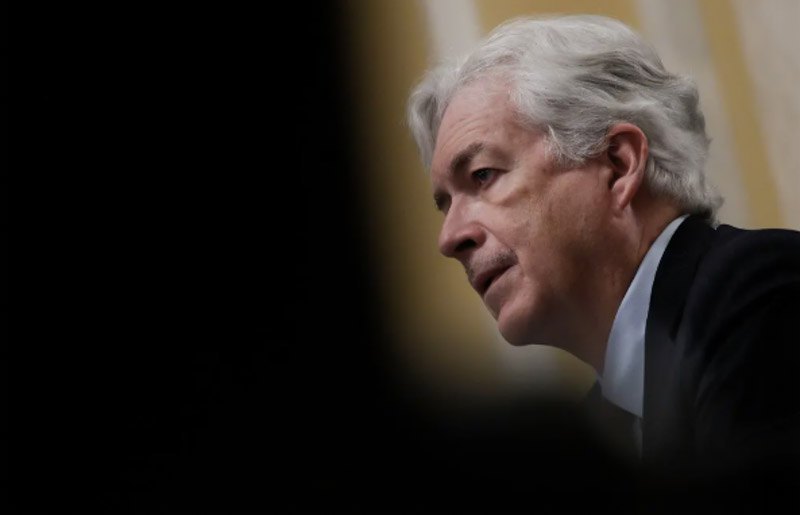
The great merit of our military intelligence, in particular, is that since the first massive enemy strikes on Feb. 24 against the military infrastructure of the state, we managed to minimize losses and preserve such a vital branch of the Armed Forces as the Air Forces. The majority of our combat aircrafts managed to avoid fire damage at the airfields of basing, they were lifted into the air in time. It was there - above, not on Ukrainian soil - that the pilots met the enemy aviation in open air battles, inflicting unprecedented losses and actually forcing them to leave the Ukrainian sky.
For more than three months, the enemy combat aircraft of the Russian Federation has not been flying into the space controlled by the Air Force of the Armed Forces of Ukraine, striking mainly from the depths of our occupied territories, from the skies over Russia and Belarus. That is, in general, air defense retained its combat capability during the first wave of massive enemy missile and bomb strikes from the air.
Anti-aircraft missile systems of various types were timely dislocated, covertly deployed, actively moved and used in missile defense, with increasing success, in fact, every day they shoot down enemy missiles. The tragic history of Mariupol, which was destroyed and occupied, in particular, due to the domination of enemy aircraft, demonstrates what would happen if Ukraine lost aircraft on the ground and the sky above it.
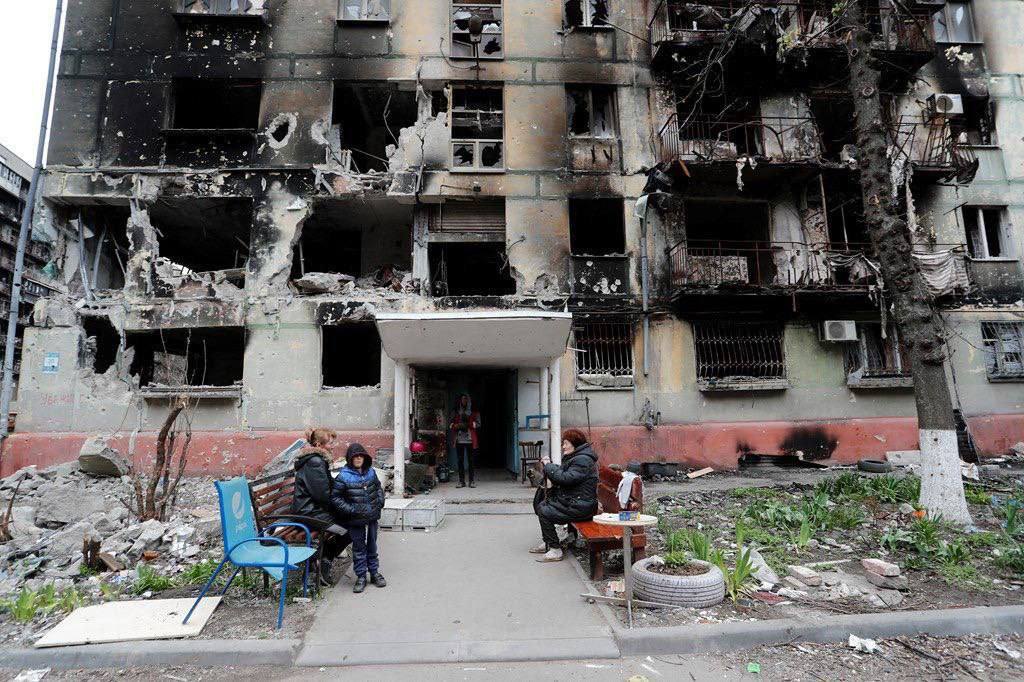
In fact, every day, the Defence Intelligence of Ukraine under the hashtag #gurpereinterception publishes fragments of hours-long streams of conversations of the occupants with their relatives and friends, which expose the real state of the enemy army, characterized by a low level of combat readiness and moral and psychological climate, confirming their high losses in manpower and equipment. This generally testifies to the deep and effective use of means and systems of radio-electronic (REI) and cyber-intelligence. Thanks to them, awareness of hostile moods, plans and intentions is ensured.
Besides, the Defence Intelligence of Ukraine regularly gets and partially publishes information about the detailed personnel structure of the existing and newly formed military units and formations of the enemy, the level of their combat readiness, equipment with military equipment and weapons, mobilization capacity and measures to increase it, identifies and establishes full information about the identities of specific war criminals who have stained themselves with bloody crimes against civilians on Ukrainian soil.
"Island" expertly plans and coordinates the destruction of enemy infrastructure, even directly on the territory of the aggressor country. A separate and probably the most complex and secret area is secret special operations on targeted liquidations of enemies and collaborators in the occupied territories. And although it is hardly worth hoping for confirmation of these results from the intelligence officers themselves, it is obvious that they are deeply involved in the operational development and direct execution of such specific combat tasks.
All these are expressive signs of scrupulous information-analytical work, deep agent penetration of the military intelligence of Ukraine inside the enemy's military command-and-control bodies of tactical, operational-tactical and sometimes strategic levels. However, it is impossible to know its real depth. And, probably, the general public does not need to.
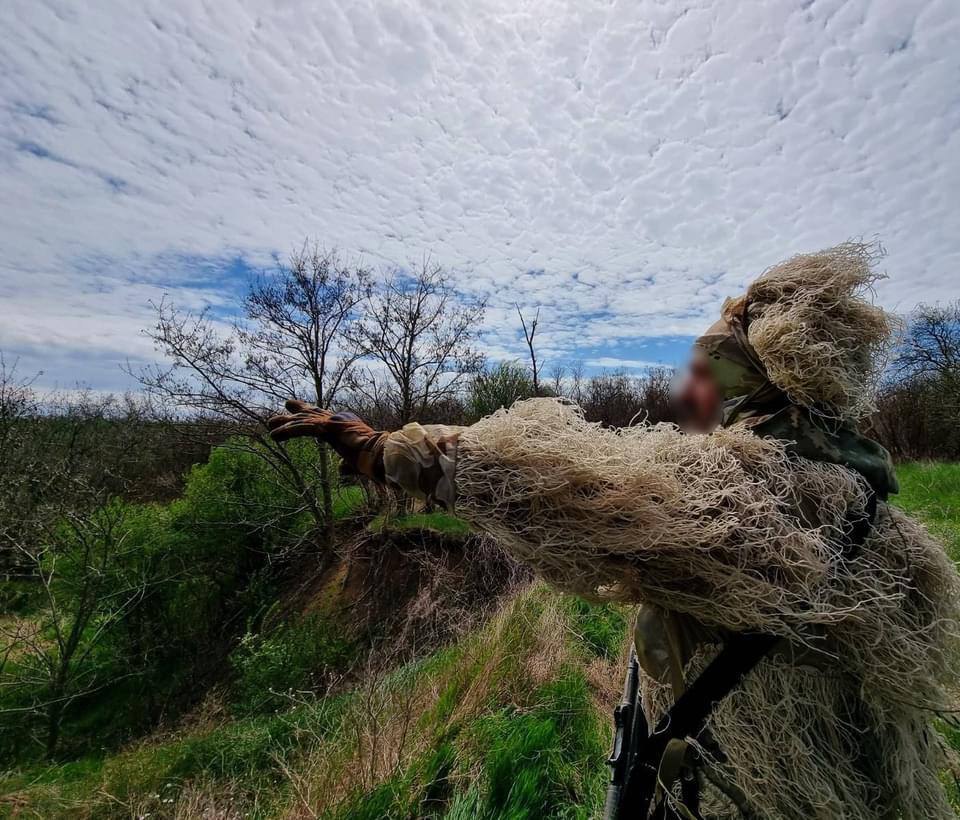
Combat job. À la guerre, comme à la guerre
For reference: The main tasks of intelligence are:
2) facilitating the implementation of the national interests of Ukraine;
3) countering external threats to the national security of Ukraine in the spheres defined by law.
Article 2 Section 1 of the Law of Ukraine "On Intelligence"
On July 25, 2022, the Supreme Commander-in-Chief V. Zelenskyi, simultaneously with the appointment of the Chief of the Defence Intelligence of Ukraine K. Budanov as the Chairman of the Intelligence Committee under the President of Ukraine, appointed Brigadier General Viktor Khorenko as the new Commander of the Special Operations Forces of the Armed Forces of Ukraine.
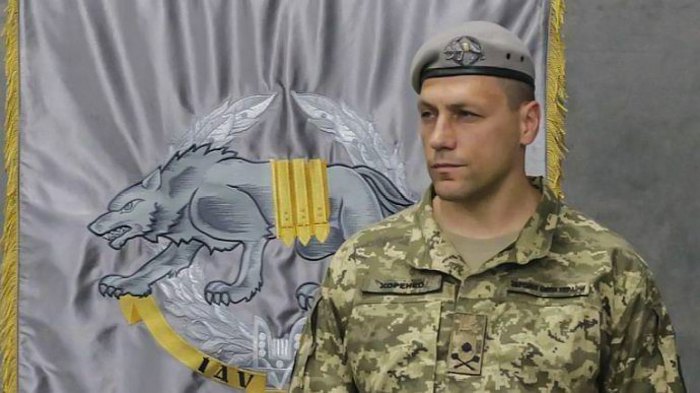
This decision of the Head of State is an additional evidence of the high appreciation and authority of the military intelligence, acquired on the battlefield with the beginning of the great invasion of Russian aggressors. Intelligence officers and Special Forces men of "Ostrov" not only plan, but also take direct part in armed repulse of occupants in all theaters of combat actions together with units of the Armed Forces of Ukraine and other Defence and Security Forces. Many of these special, intelligence and sabotage operations have not yet been classified, but even the military achievements of the fighters from MDU are impressive:
- liberation of Dmytrivka and Kapitanivka settlements in Kyiv region;
- combat special operation in Kherson region to release five prisoners - citizens of Ukraine;
- an unprecedentedly risky and daring operation - seven flights of 16 helicopters with troops to supply ammunition and manpower to the group of Ukrainian forces surrounded by enemies at the Azovstal plant in Mariupol;
- destruction of a group of marines in Kharkiv region and capture of its commander Stanislav Trutnev, a combat diver, a serviceman of the 140th Special Forces Detachment for Combating Underwater Subversive Forces and Means of the Northern Fleet of the Russian Navy (military unit 69068, Vidyayevo village, Murmansk region), who three years ago was sent to the group of the Russian Armed Forces in Syria;
- liberation from enemy occupation of Zmiinyi island;
- a kamikaze drone strike on the enemy's tent camp and equipment in Enerhodar, in particular, on a car with anti-aircraft installations and BM-21 "Grad";
- constant and effective hunting for enemy electronic warfare equipment;
- destruction in Zaporizhzhia region of a rare example of enemy equipment - a radar complex for intelligence and fire control "Zoo-1" and four units of automotive and armored vehicles;
- a special operation in Kamianka-Dniprovska in Zaporizhzhia region, which resulted in the destruction and substantial damage of several facilities used by the occupiers as bases and storage facilities for ballots for pseudo-referendums.
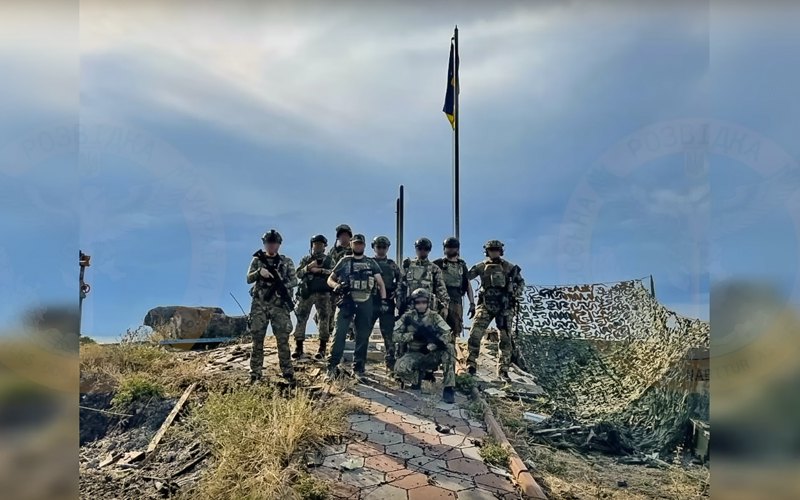
And this is only what has become public. The full list of combat achievements of regular units (groups) of the military intelligence is much wider.
In addition, during the " big" war with Russia, the Defence Intelligence of Ukraine became the structure that united under its operational control and military command a significant part of the volunteer movement of armed resistance to the invaders. And we are talking not only about the most famous military groups such as Kharkiv special unit "Kraken" or Transcarpathian volunteer reconnaissance battalion "Sonechko", which are desperately fighting the enemy.
For the first time, foreigners were enlisted to serve in the ranks of the Ukrainian army. It should be recalled that the International Legion of Territorial Defence of Ukraine (Foreign Legion) was created on February 28, immediately after the beginning of the Russian invasion, following the call of the Supreme Commander-in-Chief of the Armed Forces of Ukraine V. Zelenskyi to all free people of the world to help our state in armed confrontation with Russian tyranny. Especially for this purpose, on April 14, the Parliament amended the relevant Law of Ukraine "On Intelligence", regulating the issue of admission of persons with foreign citizenship to military service in its ranks.
In early March, Minister of Foreign Affairs Dmytro Kuleba reported that the number of foreign citizens who voluntarily, legally, with arms in their hands as part of the Defense and Security Forces wished to defend the entire democratic world from Russian despotism side by side with Ukrainians is more than 22,000 people from 53 countries. And the spokesman of the Foreign Legion in mid-June at a briefing at the Media Center Ukraine said that its ranks include representatives of 55 countries, including such distant ones as Brazil, South Korea, Australia. Most of all the British and Americans serve in the Legion, followed by Poles and Canadians, numerous volunteers from the Baltic and Scandinavian countries, in particular Finland.
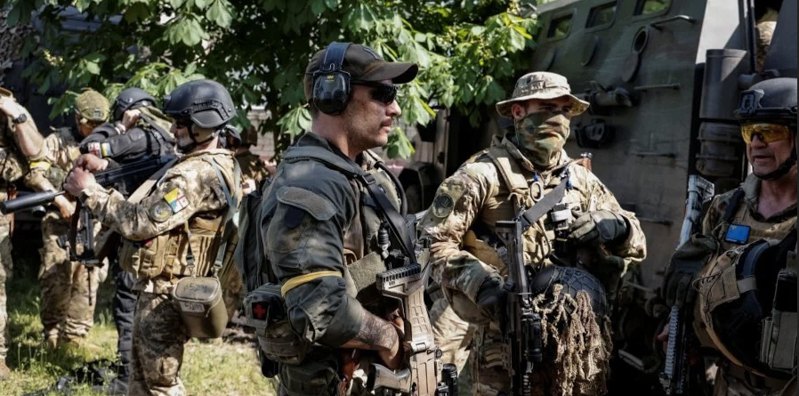
It is obvious that when a large number of foreign servicemen from different countries of the world with different combat experience are united into one new division under the command of Ukrainian officers and in the conditions of unprecedentedly intensive offensive combat operations with the use of all conventional weapons and military equipment, certain problems, conflicts and misunderstandings in a living military organism are inevitable. However, they are not systemic, do not lead to a decrease in the combat capability of units and are timely resolved by commanders. It should also be taken into account that the Ukrainian army has not previously had experience in the formation, management and active use of large army units created exclusively from foreigners, so "growth problems" are quite natural.
In general, the fighters of the Foreign Legion are successfully fighting in the most difficult areas of the frontline, in particular, they restrained the enemy's offensive in Severodonetsk and Lysychansk. In addition to foreigners from Western countries, it also includes combat sworn brothers of Ukrainians from the post-Soviet states, in particular, traditionally since 2014, many citizens of Georgia have been fighting for Ukraine, and with the beginning of the great aggression in the spring of 2022, the Belarusian regiment named after Kastus Kalinovsky was formed from volunteers - citizens of Belarus. All foreign volunteers are actively involved directly in the conduct of hostilities in various parts of the front.
On the 31st of May, 2022, the Cabinet of Ministers of Ukraine appointed the Chief of the Defence Intelligence of Ukraine Major General K. Budanov as the Head of the Coordination Headquarters on the Treatment of Prisoners of War (HQPTW). This interdepartmental governmental body was established in March specifically to address the issues of prisoners of war and their families, to ensure the return of Ukrainian defenders and civilians from captivity.
The main tasks of the Headquarters are as follows:
- promoting the implementation of measures aimed at ensuring the implementation of Ukraine's international legal obligations on the treatment of prisoners of war;
- to promote coordination of activities of central and local executive authorities, other bodies, local self-government bodies, military formations established under the laws, law enforcement agencies and public associations on the treatment of prisoners of war;
- determination of ways and means of solving problematic issues of treatment of prisoners of war.
During this time, under the leadership of the Defence Intelligence of Ukraine, all necessary mechanisms for effective social and psychological work with the families of prisoners of war have been created. A public reception was opened and a consultation line was launched to help relatives:
- obtain information on legal and procedural issues related to the stay of a soldier in captivity;
- get advice on state social obligations guaranteed in case of captivity;
- check information on the status of a prisoner of war in the database of the National Information Bureau (NIB);
- receive psychological support.
But the main thing is, of course, to regularly release our warriors from enemy captivity, no matter how. The most realistic and effective at this time is the exchange of enemy prisoners of war for our heroes-defenders. It is the military intelligence that leads and coordinates this painstaking, non-public, socially very sensitive mission. Since the beginning of the invasion, more than 20 exchanges have been conducted, as a result of which almost 600 Ukrainian prisoners of war have been returned home. However, the enemy still has a lot of them, so there will be enough work for the HQPTW. They reported the last return of 14 our prisoners of war by the Defence Intelligence of Ukraine yesterday, the 6th of September.
The future of " Island"
For reference: the slogan of the Defence Intelligence of Ukraine is "Sapiens dominabitur astris" (from Latin: "The wise will rule over the stars").
It is obvious that in the current conditions of more than six months of martial law, a long war of attrition with a much stronger enemy in terms of its military-technical and mobilization potential, which will remain our geographical neighbour in the future, after the inevitable victory of Ukraine, the state is simply obliged to strengthen the military intelligence component.
According to many experts in the field of national security and some legislators, there is an urgent need to make a radical evolutionary change in the national intelligence community: following the example of all the countries of the Euro-Atlantic community, it is necessary to transform the Defence Intelligence of Ukraine into a unified more powerful military intelligence service - a structure (service, agency) of military intelligence and counterintelligence of the Ministry of Defence of Ukraine. Indeed, in almost all Western democratic countries allied to us, military counterintelligence functions as part of the strategic management of the Armed Forces and is not part of the internal state security system. The latter is inherent exclusively in totalitarian and authoritarian regimes (formerly - the USSR, now - Belarus, Russia, China). In order to strengthen the defence capability and national security in the conditions of repulsing external aggression against our state, it is imperative to transfer the military counterintelligence bodies from the Security Service of Ukraine to the military agency. This idea is not new, a similar initiative was first announced at a meeting of the National Security and Defense Council of Ukraine in November 2004. In May this year, draft law No. 7380, which provides for the withdrawal of military counterintelligence components from the Security Service of Ukraine, was submitted to the Parliament. Subsequently, other bills on this topic appeared, and now several of them are registered in the Parliament. But part of the human rights community immediately unfairly criticized the idea as one that allegedly returns Ukrainian special services to Soviet practices.
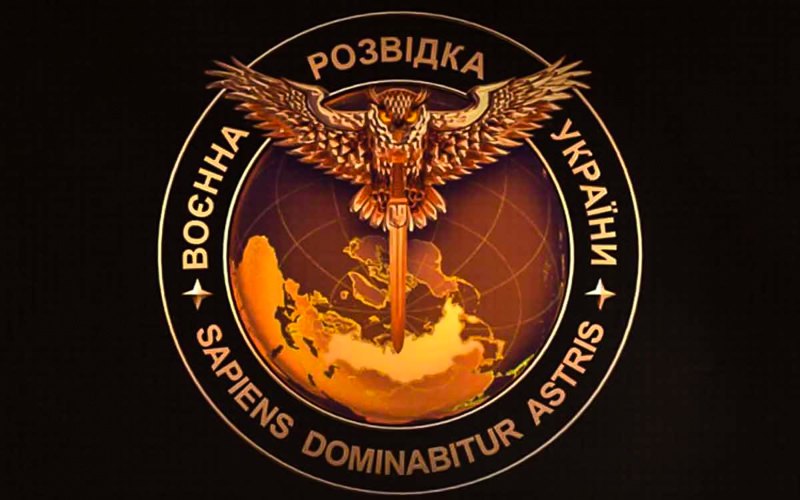
As a matter of fact, it is quite the opposite. Let us remind the history of the issue. As you know, in the midst of World War II, in April 1943, Stalin, as part of the People's Commissariat for Defense of the USSR, but on the basis of the departments of special departments of the NKVD of the USSR, created the Main Directorate of Counterintelligence SMERSH ("Death to Spies") with the Head of the State Security Commissioner of the 2nd rank V. Abakumov at the head, and as part of the People's Commissariat of the Navy of the USSR - the Counterintelligence Directorate SMERSH with the Head of the State Security Commissioner A. Gladkov. That is, into the body of the military organism Stalin incorporated the Chekist counterintelligence component, subordinated to him personally. Not surprisingly, the soldiers and officers of the Red Army were almost more afraid of the Smersheviks - with their extraordinary powers, up to the pronouncement and execution of death sentences on the spot - than of the Germans. Many researchers saw this as a vile desire of the Soviet dictator not only to effectively counteract enemy spies and traitors in the ranks of the Red Army, but also to keep the military, especially the officer corps and senior command staff, under special supervision and control. After all, generals and marshals already felt the taste of victories over the enemy and were gaining more and more popularity in the troops and society as the front began to roll back from east to west.
Since then, the operational-agent counterintelligence support of the military has been under the control of the state security agencies of the USSR (NKVD, MGB, KGB), and in the times of independent Ukraine, this rudiment was inherited by the new special service - the SSU. That is, the very presence of military counterintelligence agencies within the SSU, which is a special-purpose state body with law enforcement functions that ensures state security, and which, unlike the military, does not bear direct responsibility for the organization of defense, planning and conducting combat operations to counter external aggression, is an anachronism of the totalitarian regime of the former USSR.
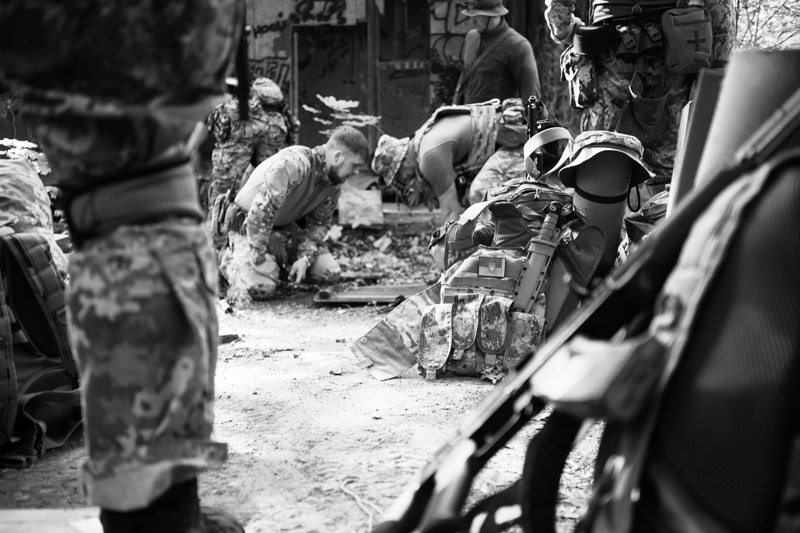
Perhaps, this was partially justified during the legal regime of the Anti-Terrorist Operation (ATO) in Ukraine (April 2014 - April 2018), when legally it was the State Security Service of Ukraine that was primarily responsible for the fight against terrorism. That was the name of the counteraction to the hybrid Russian aggression in the territory of the Autonomous Republic of Crimea and eastern regions of the country due to the weakness of the post-revolutionary state and legal impasse. But even the legal regime of the Joint Forces Operation (April 2018 - February 2022) has already called into question the institutional stability of such a structure. Especially in the conditions of full-fledged martial law and the "great" war of aggression on the territory of Ukraine, its military and only the military are the cornerstone of the national security system. And they are quite capable of ensuring the counterintelligence regime in their ranks and hardly need supervision from the outside - from the operatives of the state security agency. Especially taking into account the fact that it was in the ranks of the Service that a number of outright traitors somehow miraculously found themselves in high responsible positions: ex-brigadier generals - the Head of the Internal Security Directorate A. Naumov, the former Head of the Kherson SSU S. Kryvoruchko, the former Head of the SSU in the Crimea O. Kulinich. Only now they, senior officers, quite close to the then head of the Security Service of Ukraine, are brought to criminal responsibility. Could it be due to their "efforts" that the enemy troops managed to quickly occupy large areas of our state, especially in the south?
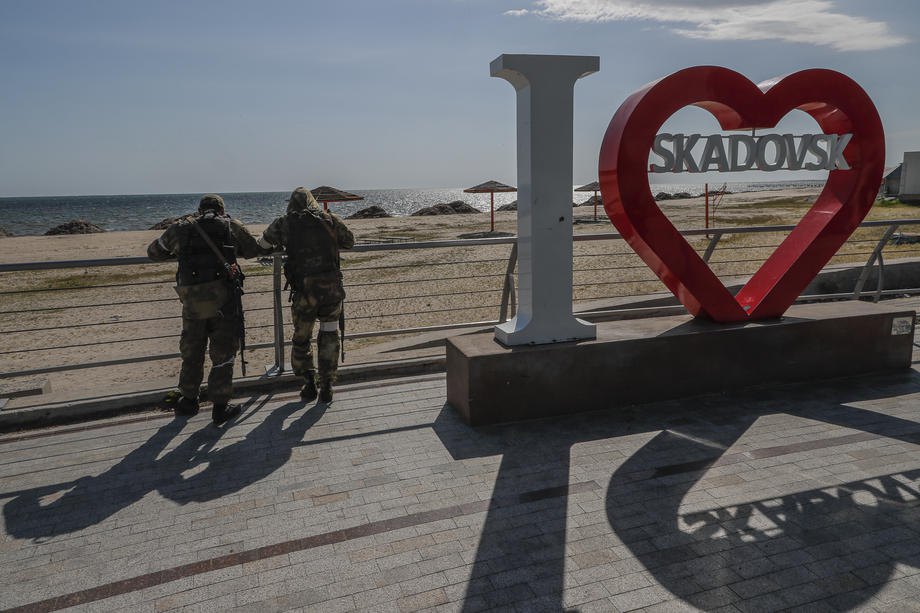
It is quite logical that under such conditions the Security Service of Ukraine with the new leadership should concentrate primarily on the fight against treachery and spies in its own ranks, and not on counterintelligence vigilance of the Armed Forces. After all, a healthy army organism, fortunately, was deprived of such blatant treasonous cases. Moreover, the transfer of military counterintelligence to the Ministry of Defence will not mean complete deprivation of the SSU of its counterintelligence function. It is purely about the military component, which can be handled by the military themselves. And the SSU, of course, must preserve its main activity and do what it is called upon and knows best - to expose and block the illegal activities of foreign intelligence services, to counteract their intelligence and subversive activities, to expose spies and terrorists. That is, to carry out counterintelligence work in all other areas provided by law, except for the military. And here the work of the state security counterintelligence is more than enough, because only the public Ukrainian politics in recent years has been simply saturated with Russian agents. Its neutralization and prevention of such in the future - is the sacred duty of the SSU.
Therefore, the work of military counterintelligence as an integral part of the unified military intelligence and security system within the Ministry of Defence of Ukraine will ensure the synergy and concentration of all available forces and means of the state in this important area of its defence. Including the strengthening of counterintelligence support of command-and-control systems (including communication and exchange of special military data), the mode of functioning of military facilities and units, as well as protecting military information of tactical, operational-tactical and strategic levels.
Thus, institutional development and staffing, material, technical upgrades of the military intelligence of Ukraine is an urgent requirement of the time, the key to the survival of the state in the conditions of open and prolonged armed aggression of the hostile neighbour-aggressor.
